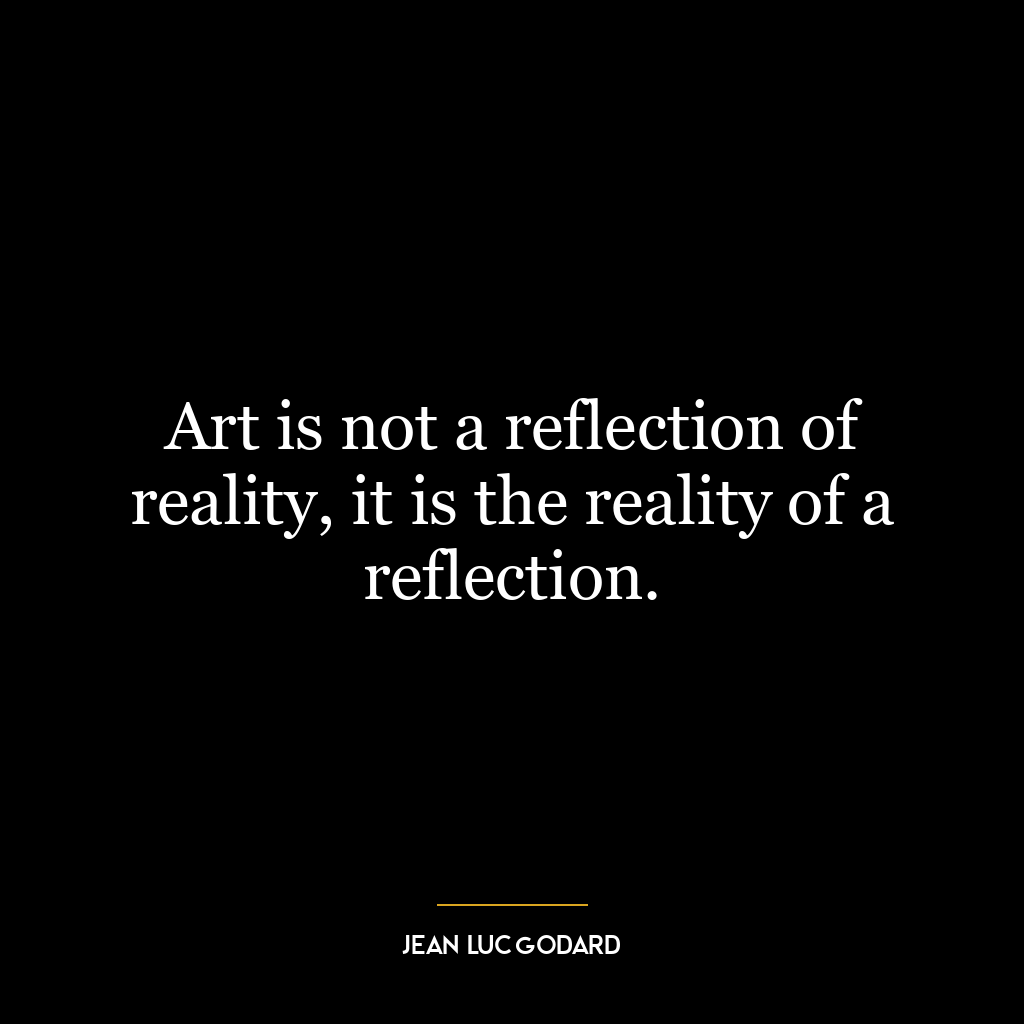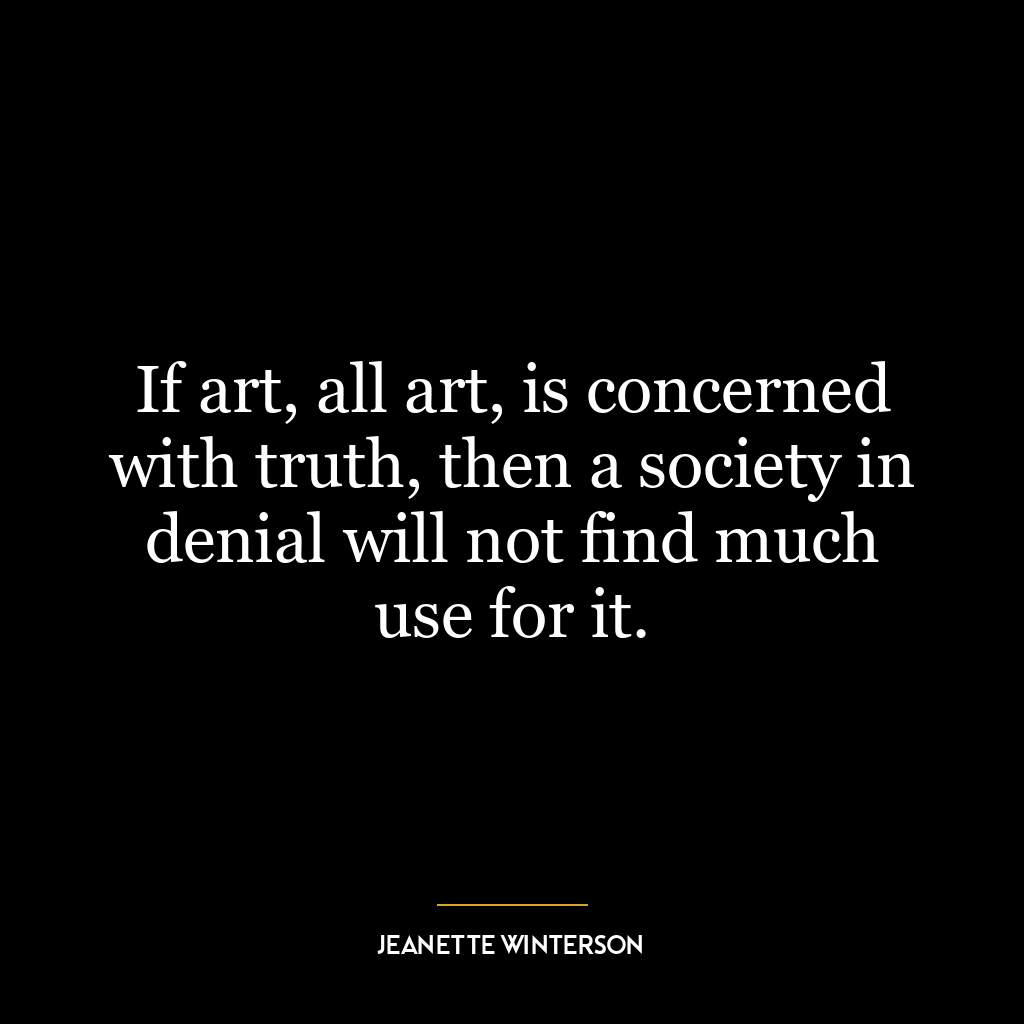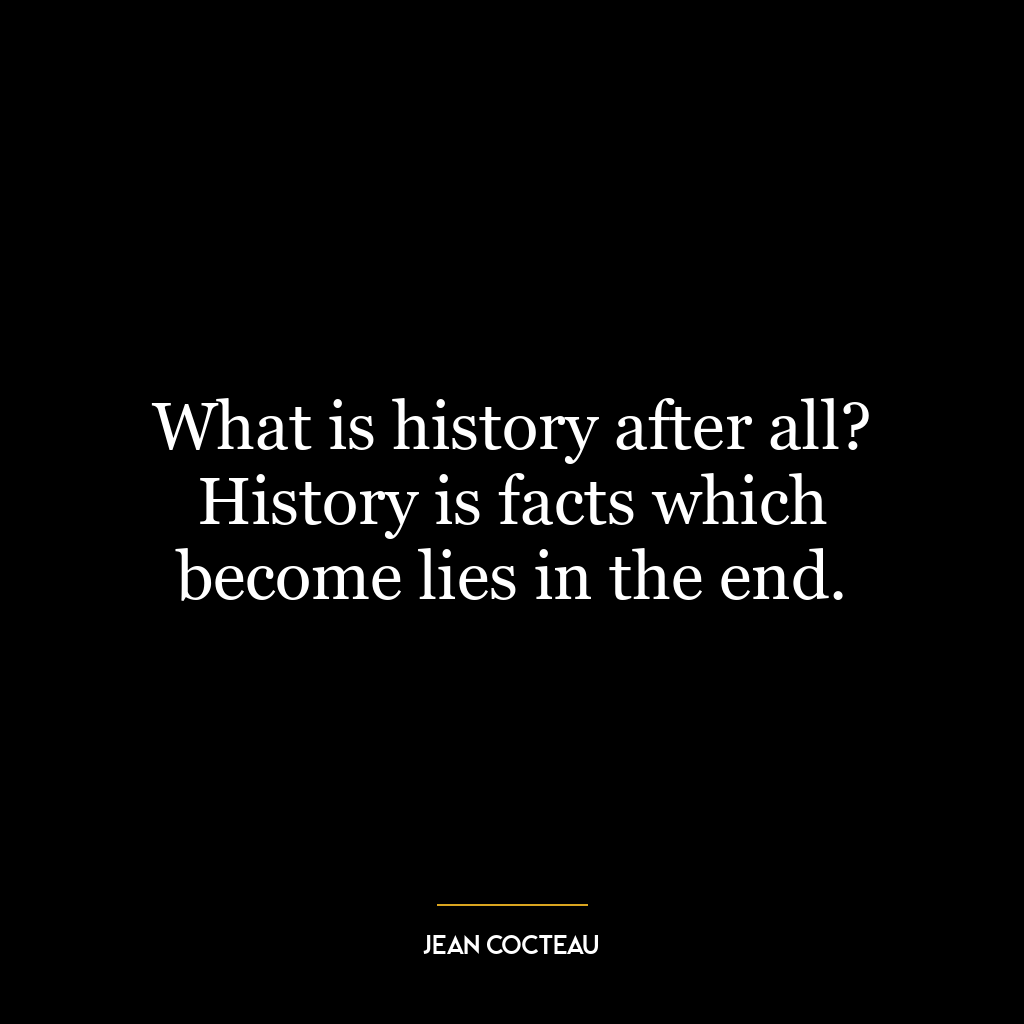It is man that makes truth great, and not truth that makes man great.
This quote implies that truth by itself is neutral, but it’s the human interpretation, application, and respect for truth that gives it significance and power. It is the human understanding and usage of truth that makes it important and impactful. Truth doesn’t inherently make a person great, but how a person handles truth can reveal their greatness.
In essence, the quote suggests that our character is defined not by the truths we know, but by how we apply those truths in our lives. Truth is a tool, and like any tool, its value depends on how it is used. A person can know many truths but if they do not apply them wisely, they may not achieve greatness. Conversely, a person who knows few truths but applies them wisely can achieve much.
Applying this concept to today’s world, we can see that the internet has made a vast amount of information (or truths) available to everyone. However, this doesn’t automatically make everyone great. It is how we use this information, how we apply it, and how we respect it that determines our greatness.
In terms of personal development, this quote suggests that the pursuit of knowledge should not be an end in itself. Instead, we should focus on how we can use the truths we learn to better ourselves and the world around us. It’s not about how much we know, but about how we use what we know. This can guide us to focus on practical wisdom and ethical application of knowledge, rather than mere accumulation of facts.








